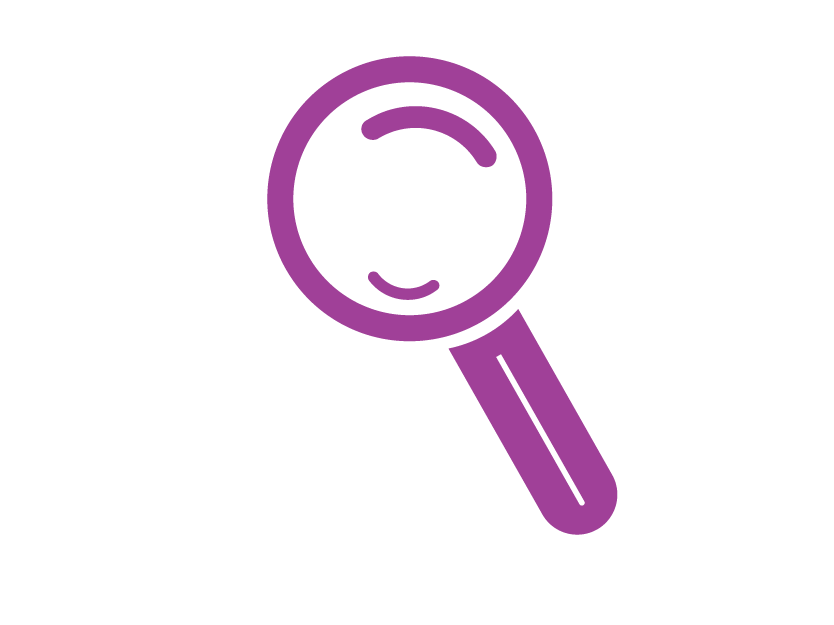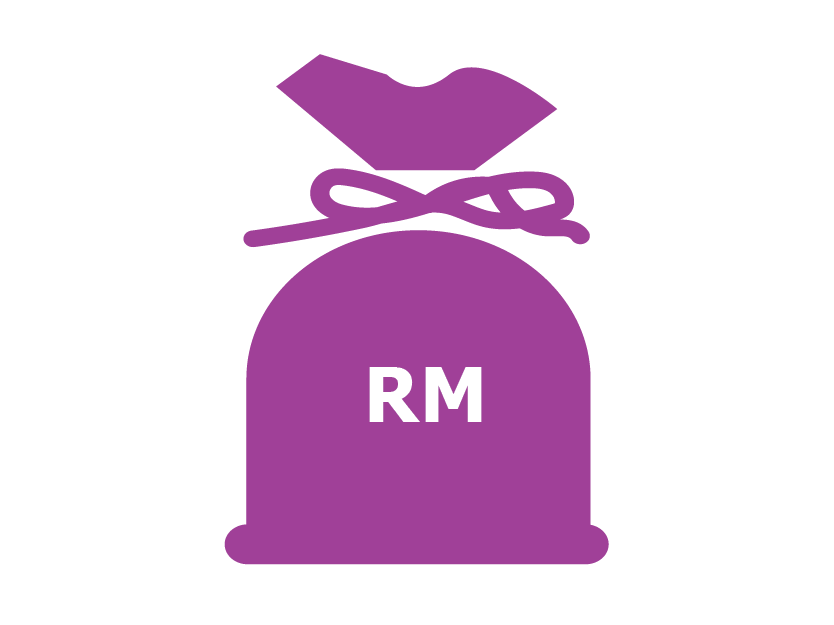Utilities operate in sectors where integrity and accountability are critical, as managing essential infrastructure exposes utilities to risks of bribery and corruption.
To address these challenges, many utilities adopt comprehensive anti-bribery management practices, including governance policies, transparent procurement, employee training, whistleblowing mechanisms, and regular risk assessments. Reinforced by regulatory requirements and rising stakeholder expectations, embedding these practices into daily operations helps utilities reduce misconduct, and strengthen accountability.
At Tenaga Nasional Berhad (TNB), we are committed to upholding the highest standards of integrity, transparency, and accountability in all its operations. Recognising that bribery, corruption, and fraud pose risks to both corporate reputation and long-term sustainability, TNB has established structured framework to prevent, detect, and respond effectively to such threats.



Managing Corruption and Fraud Risks
Corruption and fraud risk exposures are continuously evaluated across all TNB business operations to uncover potential issues such as bribery, abuse of power, theft, false claims, cheating, and disciplinary breaches. These assessments not only identify root causes but also inform the design and implementation of effective mitigation measures, thereby strengthening TNB’s culture of integrity.
To systematise risk monitoring, a total of 685 (as of 30 September 2025) business ethics–related causes identified in operational processes are recorded and tracked in the TNB Risk Information System (TRIS). Risk controls are managed by the respective business units, while related risk ratings and mitigation actions are digitalised to enable more efficient oversight.
While ensuring ethical standards remain effective, TNB conducts annual internal and external audits of its Anti-Bribery Management System (ABMS) across all business areas. These audits evaluate compliance with internal policies and assess the effectiveness of risk controls and mitigation measures in addressing corruption and fraud exposures identified through periodic assessments. Through this integrated approach, TNB reinforces its commitment to ethical governance and strengthens stakeholder confidence in the integrity of its operations.
To maintain objectivity and unbiased evaluation, all ABMS audits are conducted by independent internal and external experts. The findings from these evaluations are then presented to the Integrity Committee (IC) for review and subsequently escalated to the Board Integrity Committee (BIC), which serves as the governing body overseeing integrity and compliance.
| ABMS Audit and Fraud Risk Assessments | FY2022 | FY2023 | FY2024 | FY2025 (as of Sept 2025) |
|---|---|---|---|---|
| ABMS Certification/Recertification Audits by SIRIM | Nil | 2 | 2 | 2 |
| ABMS Internal Audits (Division/Department) | 20 | 21 | 18 | 18 |
| ABMS Internal Audits (Subsidiary) | Nil | 5 | 6 | 3 |
| Corruption and Fraud Risk Assessments (Division/Department) | 21 | 21 | 18* | 19** |
| Corruption and Fraud Risk Assessments (Subsidiary) | 16 | 16 | 95 | 17*** |
Table 1: ABMS Audit and Fraud Risk Assessments
*In FY2024, a total of 23 entries related to fraud and bribery risks were recorded in the TNB Risk Information System (TRIS). These entries collectively represent risk exposures across all our 18 divisions and departments of the organisation, reflecting a comprehensive approach to identifying, monitoring, and managing potential corruption and fraud risks throughout TNB’s operations.
**The scope of a department which was addressed under other relevant audits in FY2024 has been formally incorporated into the risk assessment audit in FY2025.
***Our subsidiary Sabah Electricity (SESB) registered each of its individual departments separately which resulted in a notable increase in the number of corruption and fraud risk assessments recorded for the subsidiary in FY2024. For FY2025, it was decided that SESB would report a single Fraud & Bribery Risk entry in the system, consolidating into one comprehensive record whilst TNB Spark Renewables is in the midst of registering the risk.
SIRIM - Standard and Industrial Research Institute of Malaysia.
Enhancing Awareness and Audit Competency Against Bribery Risks
In FY2025, we have strengthened our anti-corruption initiatives by conducting a Fraud & Bribery Risk Management Awareness Session for Integrity Coordinators and Risk Managers across the organisation. Facilitated by the Malaysian Anti-Corruption Commission (MACC), the session provided valuable insights into corruption cases, associated penalties, and preventive measures. This knowledge enabled participants to enhance their understanding of fraud and bribery risks and to apply it in reviewing and strengthening their respective Fraud & Bribery Risk Registers.
To reinforce internal capabilities, TNB collaborated with SIRIM STS Sdn. Bhd. to deliver ISO 37001 ABMS Internal Auditor Training to 40 employees from various divisions and departments. The programme included updates on the latest ISO 37001:2025 amendments, equipping participants with the knowledge and skills to assess the effectiveness of the ABMS. By enhancing audit competencies, the initiative helped participants identify compliance requirements, address control gaps, and recommend continuous improvements, thereby strengthening transparency, accountability, and integrity throughout the organisation.



Reinforcing Integrity and Ethical Governance
TNB embeds integrity and accountability across its operations through systematic risk assessments, strong governance controls, and transparent monitoring. These measures safeguard against corruption and fraud while strengthening stakeholder trust and long-term sustainability.
Through continuous training, independent audits, and alignment with global best practices, TNB reinforces its zero-tolerance stance on bribery and corruption. This commitment reflects the company’s dedication to ESG principles and its role as a responsible, ethical energy provider.